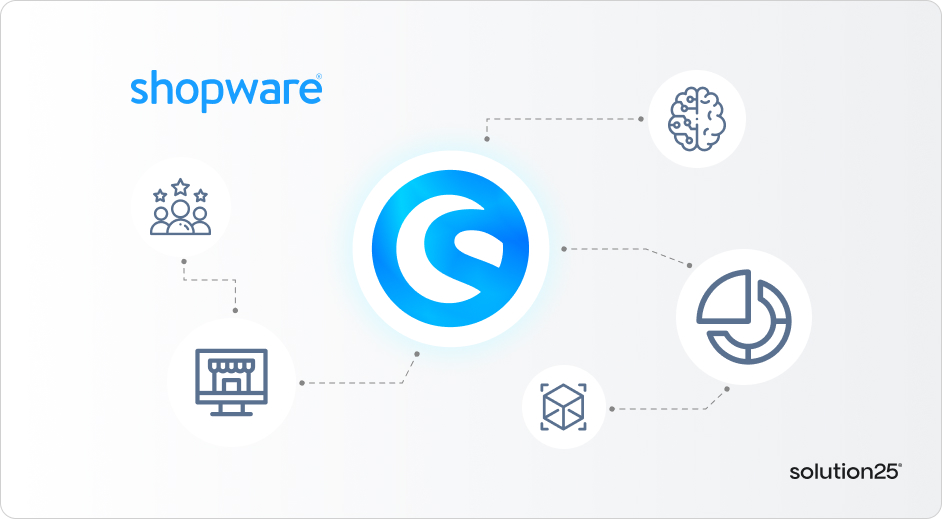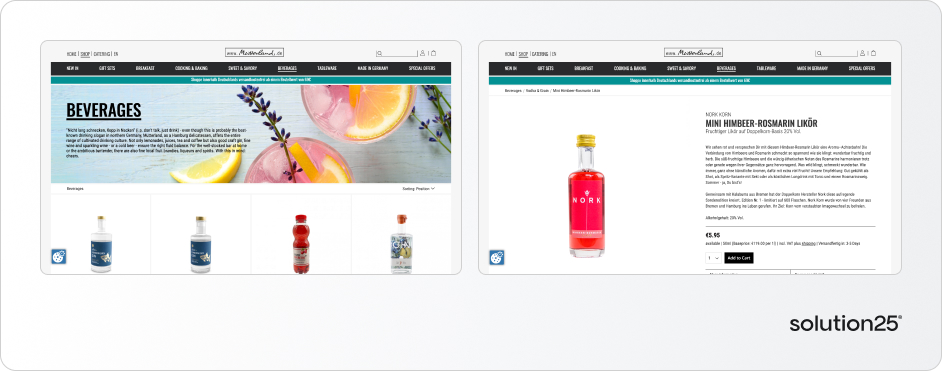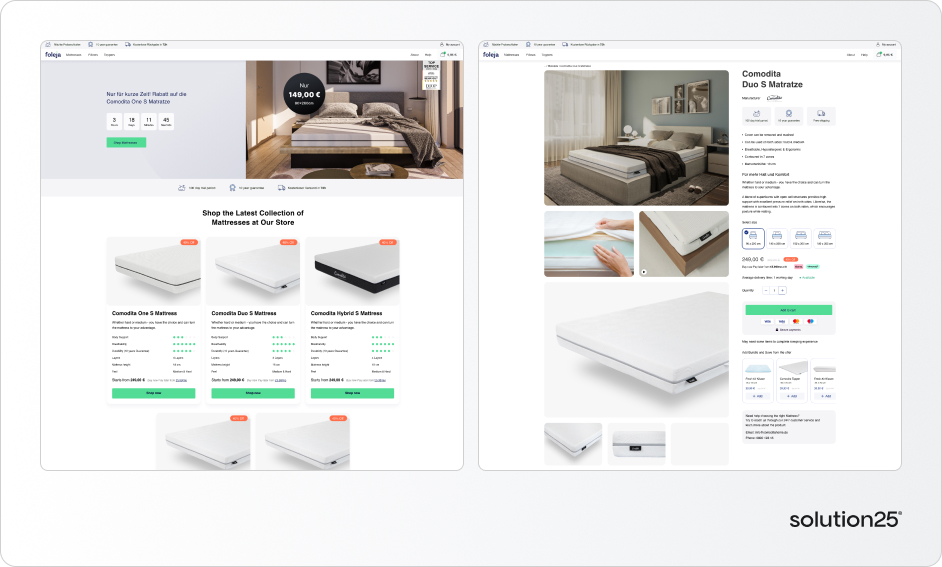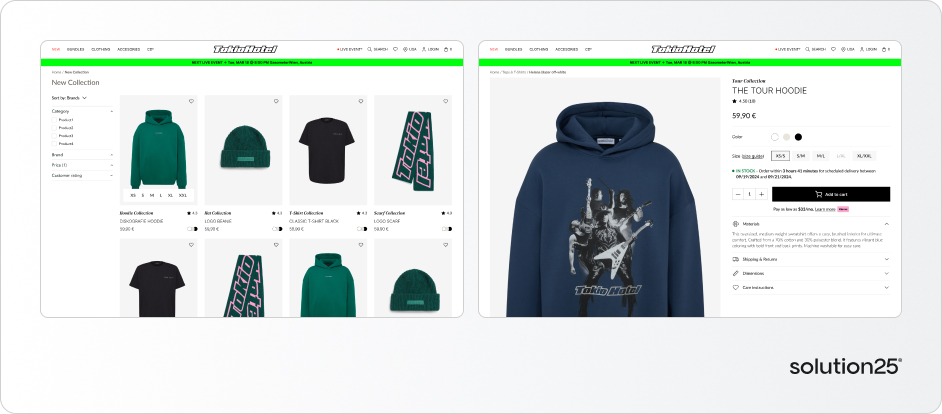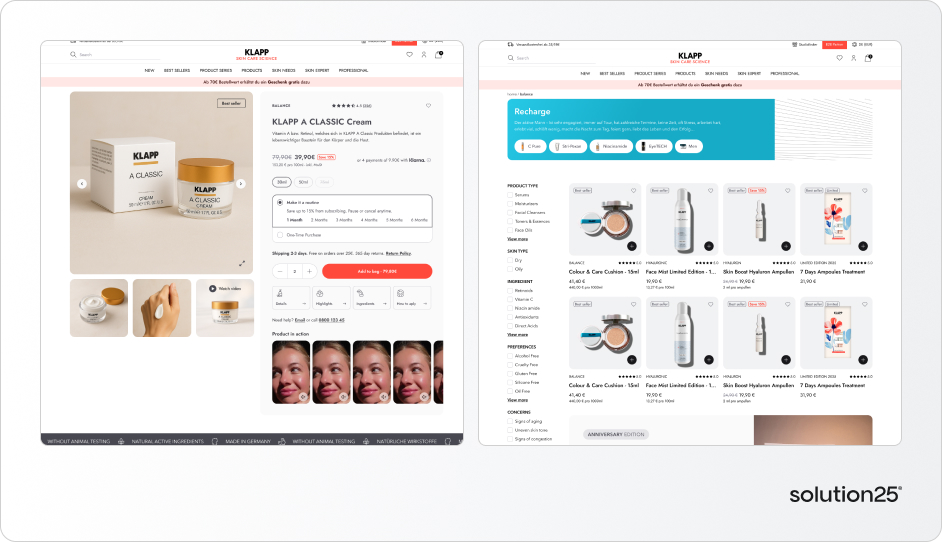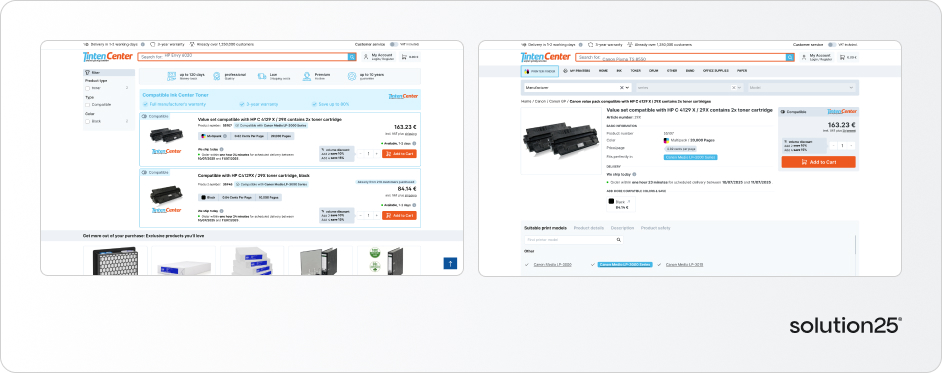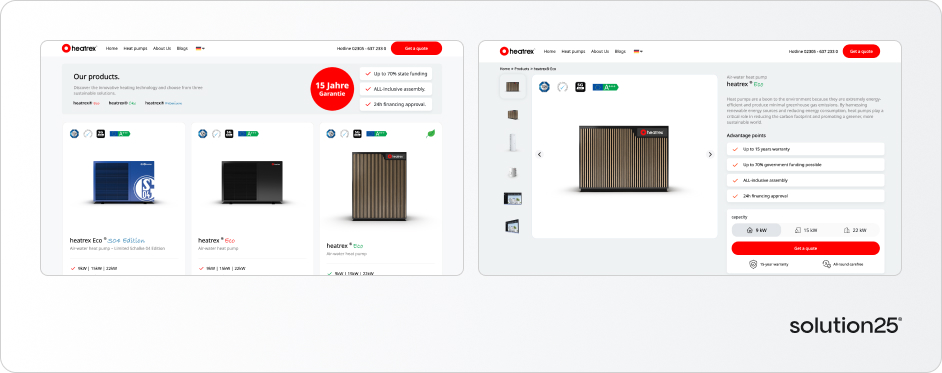Who Uses Shopware?
This page presents notable brands and businesses that rely on Shopware to power their online stores. Through carefully curated examples, solution25 demonstrates how a variety of sectors use the platform to deliver tailored shopping experiences. The page highlights both smaller retailers and larger enterprises, offering tangible inspiration for diverse e-commerce strategies.
